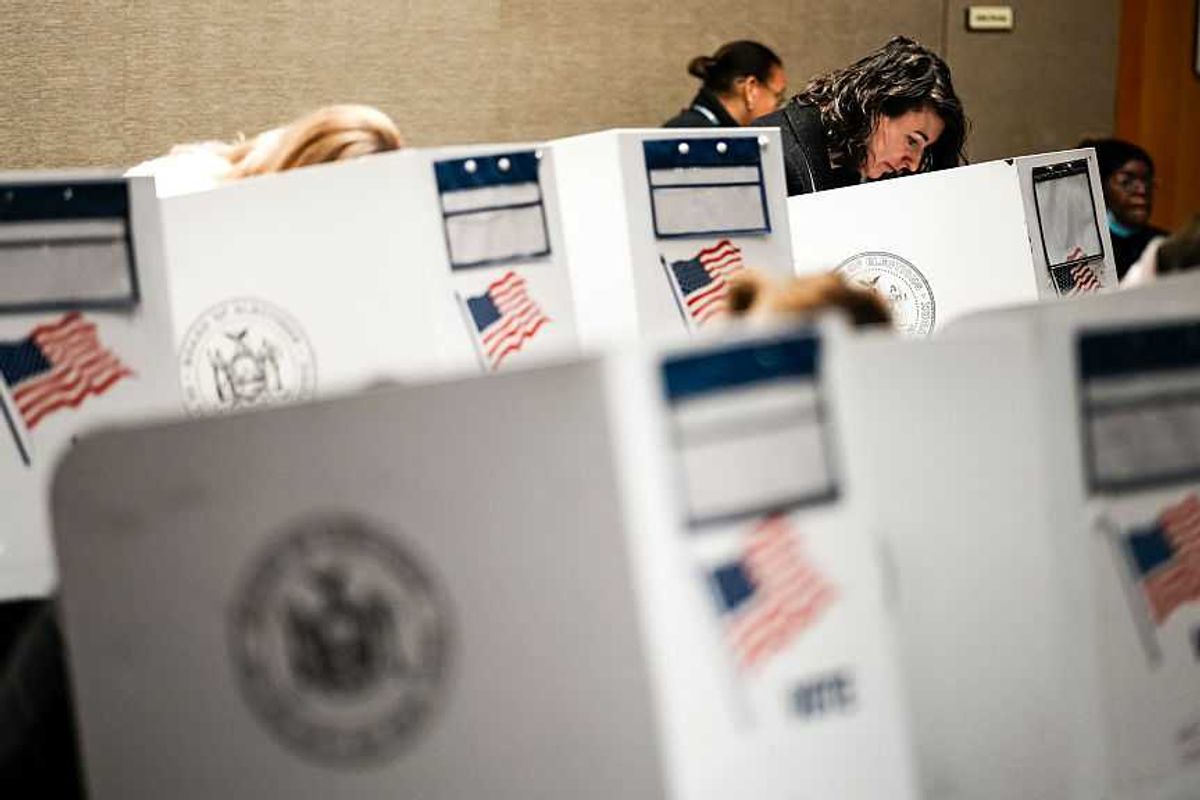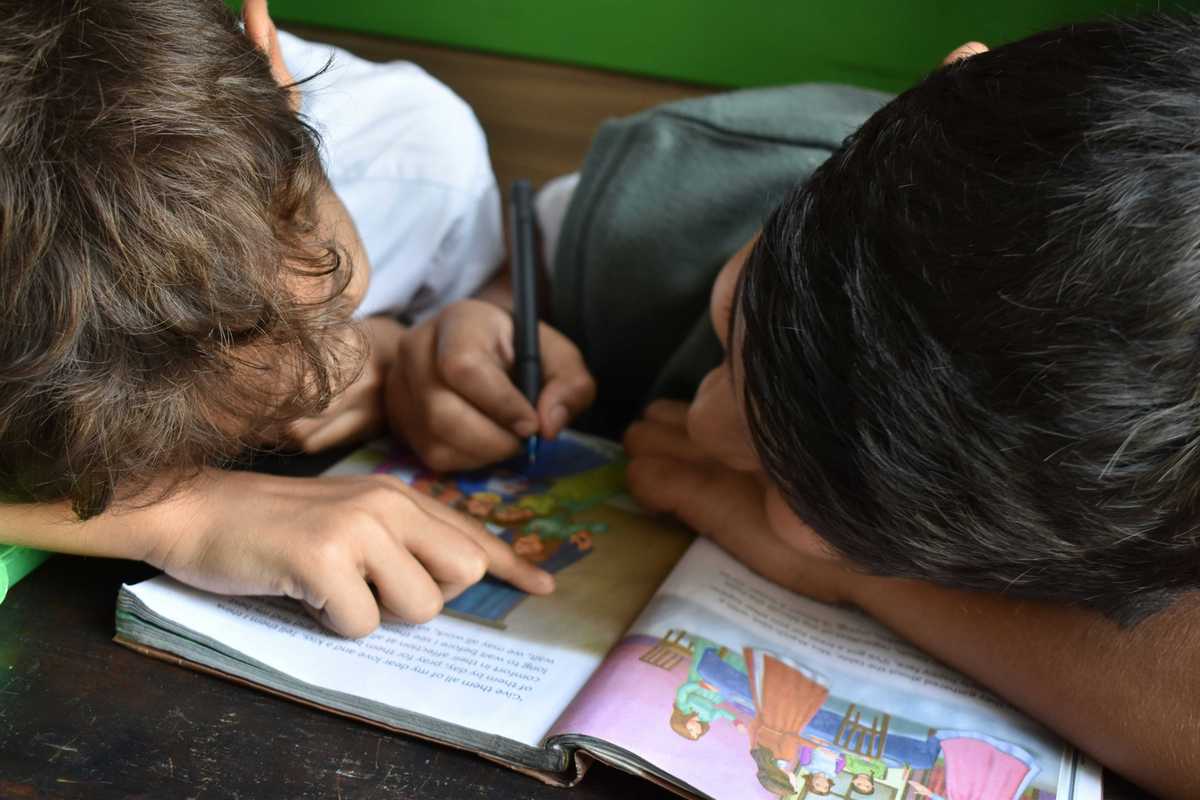Only one out of an estimated 44 financial abuse cases receive service in the formal system (help other than from family and friend networks). This obscures the labor involved in helping older victims of family financial abuse. Older adults are reluctant to report to authorities to avoid embarrassment or menacing perpetrator’s aggravation.
Despite the private and hidden nature of the problem, some extreme cases of family financial exploitation have made public headlines. In January, Maxine McManaman, the Transportation Security Administration’s assistant federal security director, was arrested on charges of financially exploiting a family member with dementia. Eight years ago, a case of financial exploitation by David Vanzo, a “caregiving” son, made headlines due to suspicion of his mother being dead in a wheelchair when he brought her to a bank to withdraw money. In 2011, actor Mickey Rooney testified before a special U.S. Senate committee recounting his own financial exploitation by family members.
Unlike policies protecting vulnerable children, policies protecting vulnerable older adults have historically lacked direction, assessment tools, national reporting system, federal response and, importantly, funding. The Credit for Caring Act, introduced in January 2024, would give qualifying caregivers, of whom there is an estimated 53 million, a federal tax credit of up to $5,000. But this credit is not associated with caregiving related to financial abuse. It is associated with frailty and illness-related caregiving, aggregated by the National Institute on Aging in a 27-item caregiver task list.
There is no such organized list, enumeration of tasks or estimate of caregiving associated with elder family financial exploitation despite intervening family and friends spending countless hours of personal time, time off work and personal financial resources, to help and care for exploited aging family members. For some reason, our concept of caregiving does not include the care provided to help victimized older people. Yet, $28.3 billion is lost annuall y by older victims to financial exploitation of which 72 percent is lost to family and friends. In many cases, caregivers perform financial abuse-related caregiving in addition to illness-related caregiving as many perpetrators take advantage of the older person’s deteriorating health to start exploiting.
One might ask, isn’t helping victimized older people what families are supposed to do? Well, isn’t illness-related caregiving what families are supposed to do, too? In fact, many groups do not call illness-related caregiving “caregiving.” They call it being there for your family. Still, distinct policies reward illness-related caregiving valued at $600 billion annually. Consider the Family and Medical Leave Act and the Caregiver Advise, Record and Enable Act as examples.
When older adults lose money and resources, taxpayers also lose. Older victims may need to draw on public programs such as Medicaid to fund their costly long-term care because their own resources were depleted by financial exploitation.
By 2035, older people will outnumber children at 23.4 percent versus 19.8 percent for the first time in the nation’s history. At the same time, an estimated $53 trillion in wealth will be transferred from households in the baby boomer generation to heirs and offspring. These conditions foretell disputes over what happens to the deceased person’s money and property, and foreshadow financial exploitation. We may all know someone with a related family scenario.
We need formalized policies that acknowledge caregiving labor related to elder family financial exploitation. The Financial Exploitation Prevention Act of 2023 would allow “for the delay of the redemption of a security” if an investment company “reasonably believes the redemption involves the financial exploitation of an individual age 65 or older.”
Such policies are a step in the right direction. Estimates and policies related to informal caregiving associated with family financial abuse should account for efforts aside from health care as family members navigate adult protective services, social services, the courts, law enforcement, financial institutions, attorneys, community-based agencies, Area Agencies on Aging, long-term care settings and many more.
Kilaberia is an assistant professor at New York University’s Silver School of Social Work and a public voices fellow with The OpEd Project.


















 On Jan. 6, 2021, a political rally turned into an insurrection as
On Jan. 6, 2021, a political rally turned into an insurrection as  Michelle Witthoeft, Ashli Babbitt’s mother, participates in a demonstration in support of insurrectionists who were arrested and charged following the January 6, 2021 attack on the U.S. Capitol. (Tasos Katopodis/Getty Images)
Michelle Witthoeft, Ashli Babbitt’s mother, participates in a demonstration in support of insurrectionists who were arrested and charged following the January 6, 2021 attack on the U.S. Capitol. (Tasos Katopodis/Getty Images)
